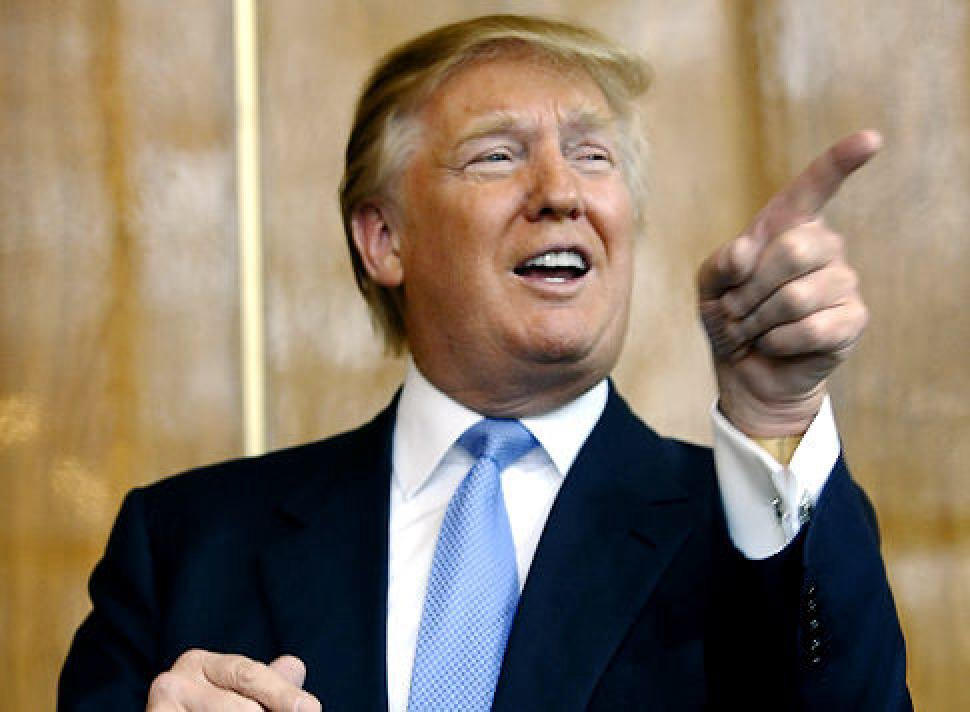The last few months have witnessed the appearance of a burgeoning cottage industry of take-writing about the rise and appeal of Donald J. Trump. In her latest post, Rachel Held Evans has voiced her opinion: Trump’s appeal among evangelicals is down to racism, xenophobia, celebrity worship, and his promise of power to supporters.
This is reassuring for any comfortable middle-class progressive Episcopalians who might momentarily have been afflicted by the nagging thought that Trump’s strong appeal among the white working class and its sizeable constituency of evangelicals might owe something to an unfair marginalization, rejection, and pathologization of valid concerns of that class by those of us who don’t belong to it. Well, crisis averted: It turns out that our prejudices about white working class voters were justified all along.
By vocally articulating our opposition to Trump supporters and confessing our white privilege—those uneducated white working class evangelical rubes just don’t get it!—we can now demonstrate our virtue to others within our social class on social media and tut-tut about how stupid, evil, deluded, and backward wide swathes of our Trump-supporting compatriots and coreligionists are.
Login to read more
Sign in or create a free account to access Subscriber-only content.
Topics:
